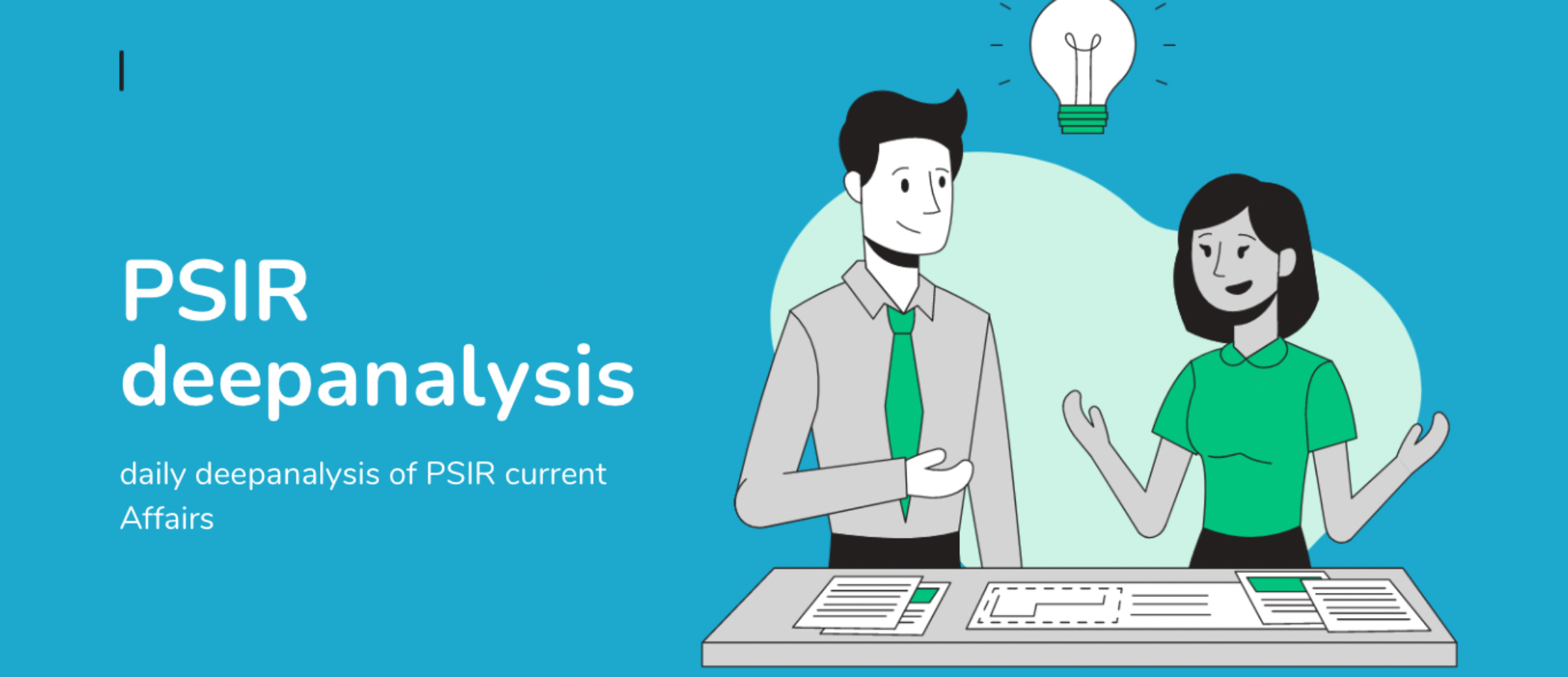Simultaneous elections : an analysis by a citizen
Simultaneous elections : an analysis by a citizen
The kovind panel which was constituted to explore the feasibility of simultaneous elections, recommended its implementation in India.
The major benefit cited by all those favoring this exercise, is the less burden on exchequer and administrative machinery.
The frequency of elections disturbs the overall governance in country as entire administrative functionaries get busy with poll arrangements, it has been suggested to buttress the claim.
What it the real problem?
When we are proposing the simultaneous elections as a solution, we are ignoring the real problem behind it. It is the democratic deficit in its substantive nature which is being reflected in various opportunistic coalitions, political- business class nexus, horse trading to bring down governments, and use of central investigative agencies to corner the opposition.
This democratic deficit is also being reflected in new age media , which has been utilize to manufacture the consent of the governed. The governed who suppose to have clear picture related to government’s record of governance, is busy in petty affairs which are being created to divert their attention from issues of substantial importance.
To get that clear picture we need authentic data from government agencies, which have become evasive in sharing that crucial information or finding ways to bypass the RTI regime at the behest of their political masters.
That data is must for voters to make an informed choice. If the entire atmosphere itself is created on the basis of false narrative, then the choice will be contaminated by narrow design filtered or penetrated in to the minds of voters.
Need for political diversity in democratic India:
What do I mean by political diversity? Political diversity mean the availability of different political discourses, viewpoints, political ideologies and political parties catering these segments.
Political diversity is backbone for a democratic country like India, which have cultural and social diversity across various regions.
There are regions which have specific needs and it may not necessarily be aligned with the central governmental larger developmental agenda.
For example, a particular region might want to safeguard its ecology and environment and it may be assured by a regional political party, however if the central government’s objective which focuses on development might disagree with that approach.
If such diversity is being destroyed, the regional aspirations will be crushed under the brute majority acquired through manufactured consent using all the means available to central government and the major party in power.
What needs to be done?
If we allow simultaneous elections the essential political diversity will be in danger. We do not have a developed political culture in our country. People vote on their narrow choices based on caste, religion or a chrisamatic personality.
But these aspects defeat the substantive essence of the democracy. The government based on above mentioned aspects, will narrowly serve the interest of majority community. This will prove to be a death knell to our democracy.
To develop a healthy democratic culture is a long process. We need a robust civil society, proactive media and competitive opposition. Now we are witnessing a scenario where all these stakeholders staring at an existential crisis.
The complete overhaul will take place after a substantial ruin to be done to the country. When we will be able to face the truth, the sinister designs of the ruling dispensation, that will give sign to the electorate that they are being utterly cheated.
The new political system will evolve, if that will be based on shallow political ideas, it will be bound to bring more ruin.
Therefore we need to create proper check and balances. And also give our support for creation of a robust civil society .
It is the civil society, proactive and impartial media and independent judiciary which will create a bulwark against our democratic institutions.
